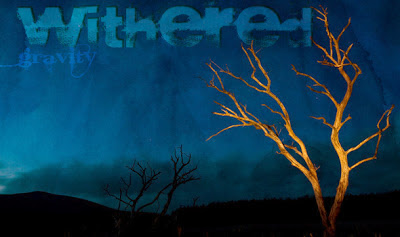Turning Spaces into Places
 Have you ever thought about the difference between places
and spaces? A place (as I would
define it) is a location with determined boundaries. A space is the
opposite; it is a location with undetermined boundaries.
Have you ever thought about the difference between places
and spaces? A place (as I would
define it) is a location with determined boundaries. A space is the
opposite; it is a location with undetermined boundaries.
Examples may help here.
Take sanctuaries. Their boundaries are
determined with brick and mortar, walls and ceilings. They’re also laced
with memories, rituals, rites of passage, storylines, and moments of sadness,
joy, and celebrations. They’re marked (by each congregant) with an energy
that cannot be erased. The Celts call this a “thin place.” They
believe that the veil between heaven and earth gets “thin” enough in some
places that heaven can actually be felt on earth. Mountaintops, vacation
spots, front porch swings, bedrooms, ball fields, and breakfast nooks are more
good examples of places.
Spaces, on the other hand, are void of content, memory
and energy. They’re filled with emptiness (if that’s even possible),
bareness and purposelessness. But the irony is they are also free to be
engaged – open for meaning and substance.
And I think this is what we as human beings
ultimately want to do – turn spaces into places. There’s a reason why the
Dixie Chicks’ song “Wide Open Spaces” went to #1 on the Billboards in
1998. Its lyrics, “Wide open spaces / room to make big mistakes” captured
the essence of how humans desire to seek after and fill spaces with meaning and
memory. Or take the up-and-coming band NEEDTOBREATHE. Their hit
song “Keep Your Eyes Open” reads,
‘Cus if you never leave home, never let go
You’ll never make it to the great unknown
Till you keep your eyes… open my love
You’ll never make it to the great unknown
Till you keep your eyes… open my love
In both instances the listener is encouraged
to seek after the great unknown, to find meaning where there used to be none,
to make mistakes, to create memories, to chase after hope and to discover
the thin veil where heaven touches earth.
In other words, we’re interested in a process
called meaning-making, for
it helps us experience the depths of what life has to offer (as well as turn
spaces into places)!
And I believe, if done well, the church is
the best conduit for this meaning-making, for it helps us experience the sacred
in the midst of the mundane, find hope when faced with despair as well as learn
to keep our eyes open! This may just be the best gift the church gives.
So may the church of today be the voice of
influence and change needed; may it learn to teach people how to turn unknown
spaces into incredibly rich and meaningful places!
--
Previously posted for ABPNews Blogs

.jpg)

Comments